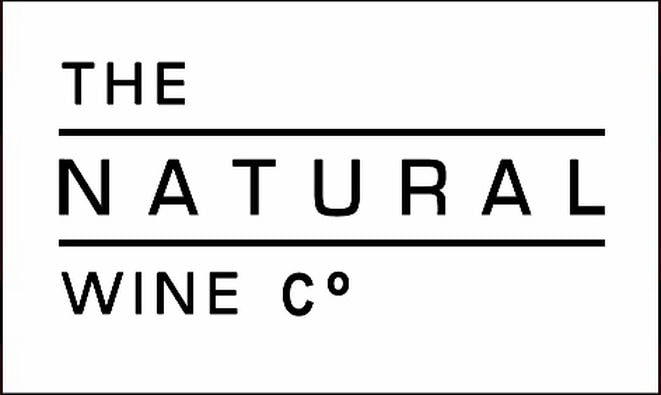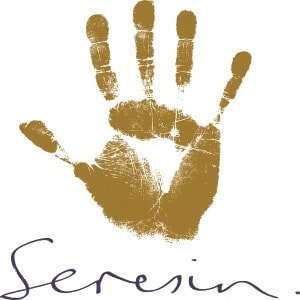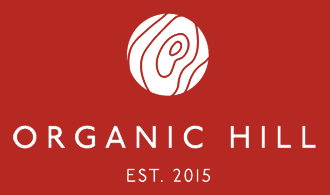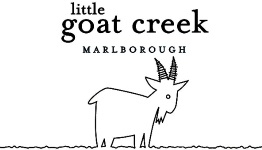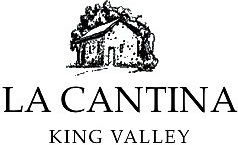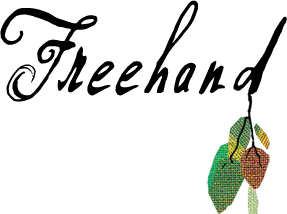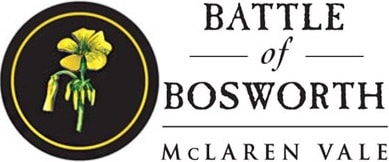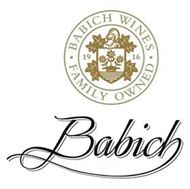What Is Organic Wine
Author: Kim Wise Date Posted:1 February 2017
It's obviously been the burning question, plaguing you night and day, causing you to lose sleep, etc... Well, look no further than this handy little post to answer your question, restore your sleep and hopefully give you an edge come the next trivia night you're involved in.
It's really a two-parter.
Firstly, and in my opinion, one of the most important questions in life to date...
WHAT IS WINE?
Well, a super brief 101 lesson...WINE is the fermented juice of grapes (or other fruits and grains). The juice can be treated in a variety of ways, yeasts added (or natural yeasts relied on to kick off the fermenting), skins left on, or removed, the juice aged in barrels made of oak, or in glass bottles, or steel vats, etc. Essentially, grape-based wine is a delicious alcoholic beverage which can come in red, white, rose, or sparkling varieties.  There are many different grape varietals all with their own distinct flavour profiles. The wine has been around for thousands of years...archaeologists have unearthed jars of wine as old as 9000 years, but I think it's pretty safe to say that people were enjoying the heady effects of wine (or some kind of equivalent) since the dawn of man.
There are many different grape varietals all with their own distinct flavour profiles. The wine has been around for thousands of years...archaeologists have unearthed jars of wine as old as 9000 years, but I think it's pretty safe to say that people were enjoying the heady effects of wine (or some kind of equivalent) since the dawn of man.
Secondly, and also extremely important...
WHAT DOES ORGANIC MEAN (in reference to wine, of course)?
In terms of farming, ORGANIC is a form of agriculture that relies only on the use of natural fertilisers, herbicides and pesticides. Often organic farming is very mindful of the environment, trying to farm in ways which minimise the impact on the land, this can include crop rotation, companion planting, etc. No artificial chemicals, no genetically modified organisms, and in the case of animals, no antibiotics or artificial growth-stimulating hormones, are used in the production of organically farmed plants or animals.
Organic farming practices are as old as agriculture itself and thankfully have seen a resurgence of popularity in more recent times. Many of the chemicals that have been used in the past, and even today, have a dubious record when it comes to potential damage to the environment, animals and people. I figure if there is a way to farm without them, why not?!
.jpeg) WHAT IS ORGANIC WINE?
WHAT IS ORGANIC WINE?
Well, putting the two pieces of information above together, pretty clearly spells out that ORGANIC WINE is the wine that is created using only grapes (or other additives) which are farmed/produced organically. This means that if milk products are added, or yeasts added they must be organic as well.
How about those PRESERVATIVES?
It must be remembered that organic wine is not always preservative free wine. Sulphur dioxide and any other preservatives in their purest form are organic too! So, if you are looking to avoid added preservatives in your vino you will need to look beyond the organic label alone. {I'll do a post on preservative free wines soon, but for now, don't want to overload the information receivers. If you're keen for more information immediately, check out our website.}

Organic Certification
So how can we be sure that the wine is truly organic and that a producer is adhering to a set of standards? That's where Organic Certification comes in. To gain organic certification, farms must undergo an extensive testing & inspection process over a minimum of 3 years by one of the accredited certifying bodies. Once certified, they must continue to meet the requirements to keep their organic status. Then they can then use one of the official logos, such as the Australian Certified Organic logo (shown) on their label and in their marking. You can have a read about ACO on their website for more details about their process of certification.
 Of course, wine can be produced according to organic philosophies and practices without being Certified Organic. Some producers feel that organic certification is too expensive, onerous and constraining for their business. They decide to forgo the certification process and just go about their organic farming business according to their own principles. They are permitted (in Australia) to label their wine as being produced according to organic farming philosophies, but they cannot say they have certification or use an accredited logo. So choosing whether to certify or not can be a bit of a dilemma for wineries, as the logo and certification is often the first thing that consumers look for and can trust.
Of course, wine can be produced according to organic philosophies and practices without being Certified Organic. Some producers feel that organic certification is too expensive, onerous and constraining for their business. They decide to forgo the certification process and just go about their organic farming business according to their own principles. They are permitted (in Australia) to label their wine as being produced according to organic farming philosophies, but they cannot say they have certification or use an accredited logo. So choosing whether to certify or not can be a bit of a dilemma for wineries, as the logo and certification is often the first thing that consumers look for and can trust.
As an example, Freehand Wines, a lovely little wine producer in Western Australia, produces natural wine according to organic and biodynamic philosophies but does not have certification. I've met the people behind the Freehand Label - Matt Eastwell, and Danni, his partner in winemaking and life, they are passionate about farming without the use of man-made chemicals and additives. Their wine is delicious, no certification necessary on that score!
So in conclusion, the Message is:
- Organic Certification is your best guarantee that the wine producer is doing all the right things.
- Not having organic certification, does not necessarily mean that wine is not organic, but you need to do your homework. Check out Freehand as an example.
- Organic wine DOES NOT have to be Preservative Free also, nor is it always Vegan-friendly.
Happy drinking!





